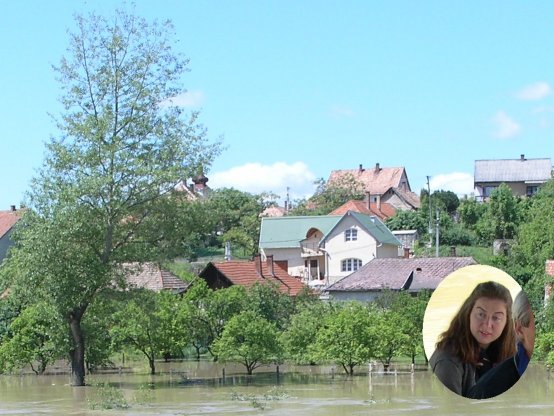Saskia Werners: Difference between revisions
From Santa Fe Institute Events Wiki
No edit summary |
No edit summary |
||
| Line 5: | Line 5: | ||
One of the questions I would like to explore with you is the possibility of a consequential upper limit to diversification and robustness in the light of adaptive processes and external perturbations. | One of the questions I would like to explore with you is the possibility of a consequential upper limit to diversification and robustness in the light of adaptive processes and external perturbations. | ||
Based at the Centre for Water and Climate of ''Wageningen University and Research Centre'', my research builds on the case study river basins and network of the European research project NeWater ([http://www.newater.info]). Before joining the centre I worked as as policy advisor for the Dutch Ministry of Housing, Spatial Planning and the Environment and for the consultant Resource Analysis on assignments in Europe, Asia and the Americas. | |||
Revision as of 21:32, 16 April 2006

The objective of my research is to evaluate how diversification of water system services and their use can support adaptive capacity in managed river basins at different scales in time and space.
One of the questions I would like to explore with you is the possibility of a consequential upper limit to diversification and robustness in the light of adaptive processes and external perturbations.
Based at the Centre for Water and Climate of Wageningen University and Research Centre, my research builds on the case study river basins and network of the European research project NeWater ([1]). Before joining the centre I worked as as policy advisor for the Dutch Ministry of Housing, Spatial Planning and the Environment and for the consultant Resource Analysis on assignments in Europe, Asia and the Americas.
